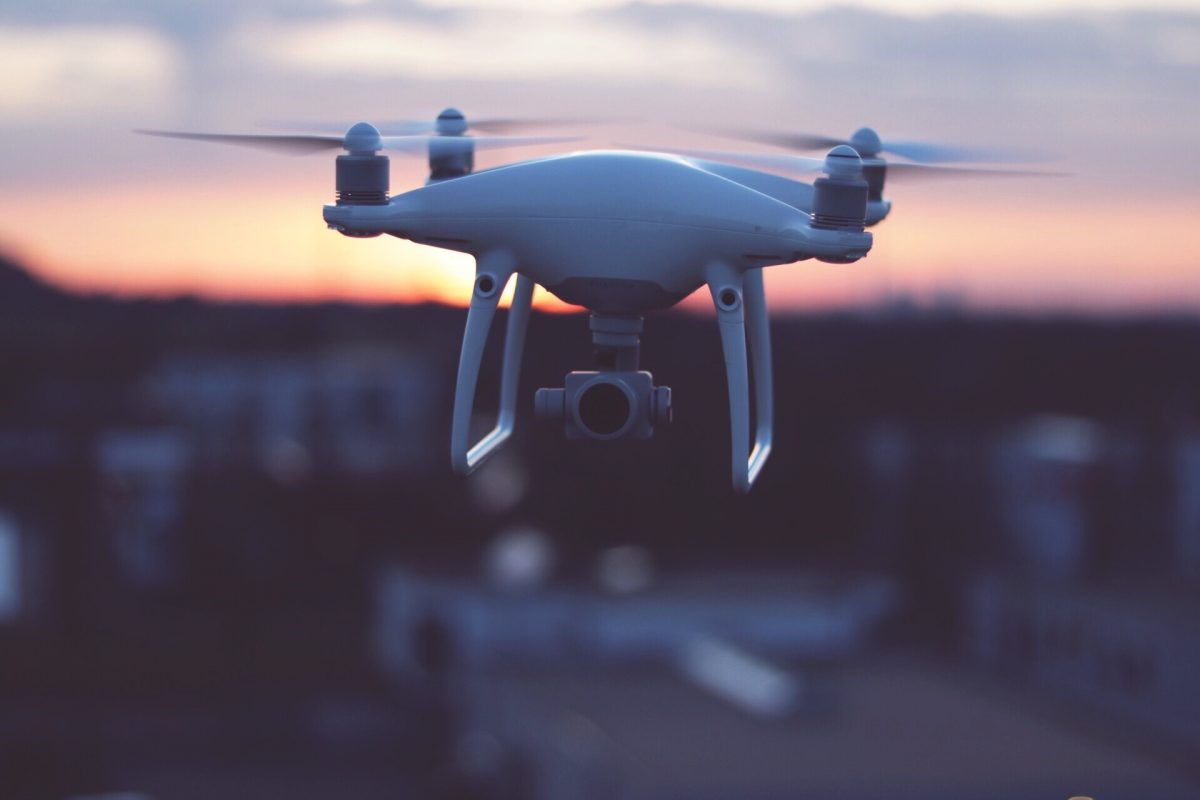
It’s no secret that drones, or unmanned aerial vehicles (UAVs), are everywhere, and it seems they’re here to stay. Yet as drones have become more accessible to the general population, many pilots have expressed concern about sharing the skies with unmanned aircraft. Conversely, some pilots welcome drones to the aviation community, viewing them as an effective way to attract new interest in aviation and grow the population of young pilots.
Like it or not, drones are only increasing in popularity, and not just among hobbyists. Drones are already benefiting a variety of different industries, including agriculture, entertainment, architecture, and even law enforcement. And since drone technology is constantly evolving, there’s no telling how they might be used in the future.
But why should GA pilots care about drones? There are many advantages to learning to fly drones, especially for pilots who are already well versed in aviation regulations and safety. If you’re curious about the benefits of drone technology, here are a few reasons to consider adding drone flying to your skill set.
Take advantage of new career opportunities
As one of the fastest-growing segments of the aviation industry, drones now presents countless career opportunities. Drone pilots are needed to operate UAVs for things like aerial photography, aerial monitoring and surveillance, search and rescue missions, disaster response, and even package delivery.
Flying a large drone for commercial purposes usually requires obtaining an FAA-issued Remote Pilot Certificate. However, for pilots flying under Part 61, becoming a commercial drone pilot is even easier. All existing pilots need to do is take the FAA’s short online course for Part 107 (small Unmanned Aircraft Systems). For pilots, taking the simple steps to become a licensed commercial drone operator can open doors to exciting and potentially lucrative professional opportunities.
Promote safer drone flying
Many GA pilots are apprehensive about the idea of drones becoming integrated into the national airspace, and in many ways, their worries are valid. The fear of safety concerns such as mid-air collisions isn’t entirely unfounded, but the FAA is actively researching such issues and has established stricter regulations and restrictions for drone pilots to encourage safer operation and prevent in-air accidents. Safety resources available to recreational drone pilots include the FAA’s “B4UFLY” app, which helps unmanned aircraft operators determine if their location has current regulations or restrictions for drones.
One of the best ways to promote safety in drone operation is by adopting a “pilot’s mindset.” Drone operators without an aviation background may be less familiar with flying basics such as risk management, communications, weather, and airspace regulations.
With comprehensive knowledge of the aviation world, licensed pilots can set an example for better safety and responsibility in drone operations. By getting involved, existing pilots can lead other drone operators to adopt a pilot’s mindset and cultivate a safer environment for everyone sharing the skies.
Enjoy recreational flying
If you’re considering learning to fly a drone, flying recreationally is a great place to start. Flying “just for fun” involves fewer regulations; pilots are encouraged to fly below 400 feet above ground level and always maintain a visual line of sight. Flying a drone for recreational use is a great way to capture aerial photography or video footage, practice hand-eye coordination, and introduce the joy of flying to your family or friends. Best of all, many drone types are relatively inexpensive, making drone flying a fun, accessible hobby.
Whether it’s to explore an in-demand career opportunity or just for recreational fun, now is a great time to add drone flying to your skill set as a pilot.